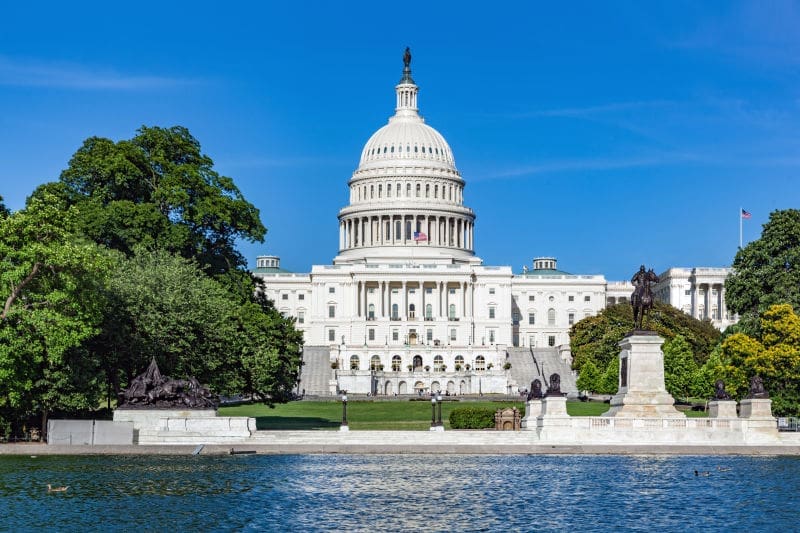New PPP Terms: Senate Has Approved More Flexibility for the Paycheck Protection Program

Paycheck Protection Flexibility Act
The COVID-19 pandemic sent shock waves of financial hardship across the country. Many Americans were left unemployed as businesses experienced operational interruptions. Fortunately, in late March 2020, the CARES Act was signed which included $2 trillion in relief aid for Americans. Relief came in various forms such as a stimulus check for qualified Americans, federal unemployment benefits, and the Paycheck Protection Program (PPP).
While much of the CARES Act was straightforward, many businesses began to question the PPP. The Paycheck Protection Program originally allowed businesses to apply for aid and have their loan forgiven if certain criteria were met. For instance, 75% of funding had to go toward paying employees up to 8 weeks. The PPP Loan was created with the intention of putting Americans back to work and pushing the economy forward. However, many businesses struggled with meeting this stipulation due to their overwhelming expenses such as rent, utilities, inventory, etc. In other words, the remaining 25% simply wasn’t enough to cover expenses and still qualify for loan forgiveness.

Business owners were left with one of three choices.
- Accept the PPP Loan and follow the stipulations for loan forgiveness, knowing the potential financial risks.
- Accept the PPP Loan, use it as needed, and face the possibility of paying it back.
- Not accept the PPP Loan and hope that the business will survive.
Fortunately, Congress was made aware of the challenge surrounding the current PPP terms and created the Paycheck Protection Flexibility Act.
What is the Paycheck Protection Flexibility Act?
In brief, the new bill offers business owners more flexibility to allow for loan forgiveness. The new terms include the following:
- Use of funding has been extended from 8 weeks to 24 weeks.
- The 75% payroll spending stipulation has decreased to 60%, offering 40% for business expenses.
- The June 30th deadline to rehire workers has been extended.
- Loan repayment will start later than originally anticipated, which offers businesses more time to prep for repayment
- Those who qualify for loan forgiveness will be able to defer payroll taxes
The Paycheck Protection Flexibility Act has been passed to President Donald Trump to sign. Hopefully, this final step will occur this week as many businesses are in much need. As an experienced CPA, my firm is ready to assist businesses of all sizes to apply for a PPP loan, or better structure their current one. Request a consultation today. Call (617) 462-6651 or book online here.
